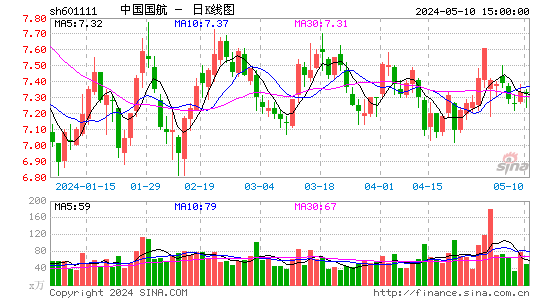Air China: passenger transport capacity structural inbound mail slightly increased
Guess you like it
-
News The first snow in 2012 -
Nanjing shooting case or not related to morale -
[Mobile] Find a person with the same name and surname -
Blessing Card To design artistic signatures -
Greeting Card Send a good letter to express love -
A romantic greeting card for your beloved Ta -
[Entertainment] Guan Ling has a baby today -
Healthy material and spiritual life between husband and wife -
[Beauty] Turn around and forget her -
Men's Sect who repair body shape at a quarter of an hour a day -
[Picture Bell] Look for a pure and beautiful girl -
Download the latest ringtones Mobile theme -
Blog Follow up the boss like a lover -
The bumpy road of elite house slaves in Zhongguancun -
[Game] The hottest Android game -
The latest online game download of iPhone
-
How to Avoid the Tragedy of Left behind Girls -
Difficulties of "Election" Poor Students -
Environmental pollution caused by mineral exploitation -
China will raise the threshold of blue sky -
Resource tax reform should not impact people's livelihood -
Jiyi Ecological Park Tibetan Refinery -
The old town of Beichuan is fully open -
Let the system help the elderly who fall -
Public toilets and private toilets are not allowed -
Urea in 10% swimming pools nationwide exceeds the standard -
Luxury stores suspected of abusing employees -
The rescue of a traveler who falls from a cliff is refused -
The hollow home behind the labor force -
RMB 20000 for 14 years -
Braille Library Waiting for Readers -
2012 Guangzhou Auto Show opened in November
-
"Shenwu" Cute Baby Xin Card -
Exclusive gift package of Sina for "Seeking defeat alone" -
"Demon Subduing" Royal Gift Card -
"Nine Yin Scripture" Huashan Sword Argument Card -
Rocky Hero Diamond Card -
"Ask" Tianwai Feixian Card -
Valley of Dragons Gift Bag for Good Friends -
Powerful Dance Hall Superstar Gift Bag -
"Sword Laughs" Internal Taiji Card -
Top rookie card of NBA2KOL -
"Zhu Xian 2" Chinese Hero Card -
Battlefield OL Battlefield Privilege Card -
Role play novice card -
Shooting game novice card -
Action game novice card -
Strategy game novice card
-
Love transmission, warm leukemia girl @ Lu Ruoqing -
In the microblog era, if you don't play with sharp tools, you will be out -
Friend interaction, file transfer, and quick use of Weibo desktop! -
The list of WeChat Charity Group was announced! -
Registered enterprise Weibo fast channel: three steps to face target users -
Sign in to 2012 Boarding Gathering Point 100 day countdown starts
-
[Finance] Stock market inquiry -
[Finance] Financial calculator -
[Technology] Digital product library -
[Video] The hottest movie -
[Tourism] Inquiry of domestic and foreign scenic spots -
[Child care] Child care utility library -
[Car] Model query -
[Women] cosmetics product library -
[Constellation] Constellation fortune query -
[Entertainment] Video query -
[Entertainment] TV program list -
[Education] University and college inquiry



